Chen Shu
출생 : 1920-01-01, Shanghai, China
사망 : 2006-10-17
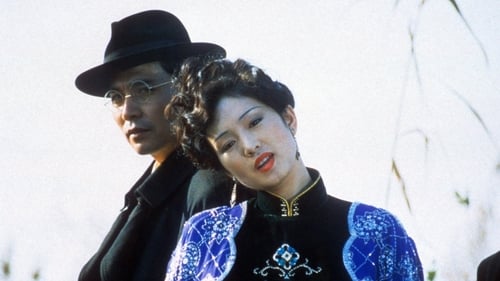
Shiye
대부의 화려한 집이 익숙해질 무렵 슈셍은 사람들이 잔인하게 살해되는 모습과 보배의 또 다른 정부를 목격하는 등 자신도 모르는 사이 점점 마피아 세계에 빠져들기 시작한다. 그러던 어느 날, 대부의 집이 습격을 받아 슈셍을 시골에서 불러 온 삼촌을 비롯해 조직원 일부가 살해되는 사건이 일어나자 보배와 대부일행은 슈셍을 데리고 작은 섬으로 피신하는데...

Chang Chinghui
1950년, 44세의 푸이는 소련군의 감시 아래 중국인 800명과 함께 조국으로 돌아가는 동안 자기 비판의 생애를 기록하며 황제였던 과거를 회상한다. 1906년 자식이 없는 광서제의 뒤를 이어 황제가 된 4살의 푸이는 즉위 3년째에 발발한 신해 혁명으로 궁중 생활의 마지막을 맞는다. 자금성에서 연금 생활을 하며 결혼을 하고 시대 상황을 깨달은 푸이는 영국인 가정교사의 영향으로 유학의 꿈을 가진다. 그러나 1924년의 군사 쿠데타로 일본으로 도피한 푸이는 유학의 꿈을 상실한 채 일본 특무기간원의 감언에 넘어가 만주국의 집정이 되고 2년 후에는 황제로 등극하게 되는데...
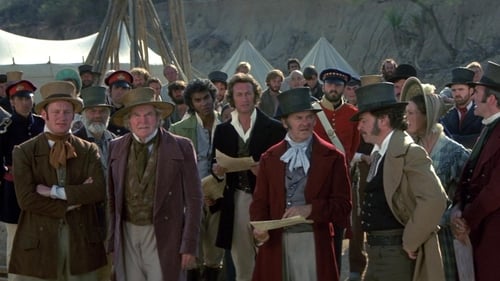
The film begins following the British victory of the first Opium War and the seizure of Hong Kong. Although the island is largely uninhabited and the terrain unfriendly, it has a large port that both the British government and various trading companies believe will be useful for the import of merchandise to be traded on mainland China, a highly lucrative market.

Pang Chali

PLA send scouts to get through Yangtze River to collect enemy information of defense.

In 1949, as the country celebrates liberation, KMT agents are ploting.

Qian Yele
Shot in gorgeous color, this fascinating communist flipside to fifties Hollywood music biopics chronicles the life and tragic early death of Nie Er, the composer of the PRC’s national anthem.
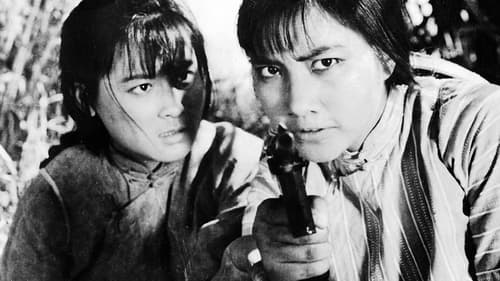
Brigade commander Chen
2차 남북혁명 전쟁 당시 노예에서 공산군으로 성장한 Wu Qionghua의 경험과 하이난 붉은 여성의 전투 이야기를 담고 있다.

Shanghai client
Financial and political pressures bankrupt a Chinese store owner.

Old man Wang
A soldier finds his new role in the transition from war time to the construction era.

Acai Zhu

Priest

Zhang Gang
The sailors on a Kuomintang warship revolt, arrest their officers and defect to the Chinese People's Liberation Army.
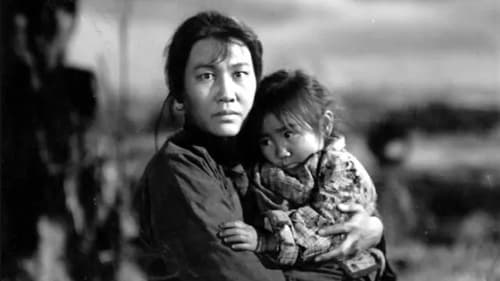
Mobei Shi
Based on the novel "Mother" by Maxim Gorky, about the hardships of a peasant laborer.

Song Xi-geng
A professor of East China University and his family become supporters of the Communists after America supports the Nationalists.

Okamura
This movie is based on the true story, which happened in Shan-Dong Province of China during World War II. It is based on a collection of memoirs of the guerrilla members. Due to the fact that it happened during World War II and there was not much secrets, this movie is that it was more realistic than other movies in that many real names were used, and the actual site was not changed either like other war movies of the time. The drawback of the movie was that in the latter stage of World War II, the guerrilla force was developed into an impressive 400 plus members from its original beginning of 3, and it launched many major offensives against the enemy, but this part was not shown. The movie only concentrated on the time there were only several dozen members.
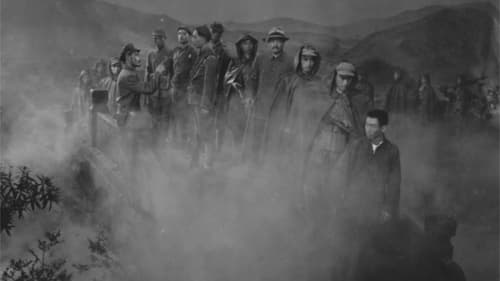
Enemy Information Head
In the spring of 1949, a war is about to happen between the Liberation Army and Kuomintang Army on the Yangtze River. The Liberation Army dispatches a reconnaissance to scout the southern parts of the River, whose work is actually full of hardships and dangers. However, with the help of the local crowd and the guerrillas, finally, the members of the reconnaissance succeed in the commission and offer valuable information to the Liberation Army, making great contributions in the war.

Pastor Shi

A New York City businessman meets a window washer hoping to commit suicide and decides to market his grief to the highest bidder in this acidic satire on American capitalism, one made even more memorable by the fact that the entire “American” cast are Chinese actors in whiteface. The greedy Mr. Butler (Shi Hui) convinces the suicidal “Charley” that he might as well endorse some cigarettes as he jumps out of his office window, and maybe wear a particular suit too. A true cinematic oddity, this Korean War–era propaganda piece is a satire that Frank Tashlin could envy.








